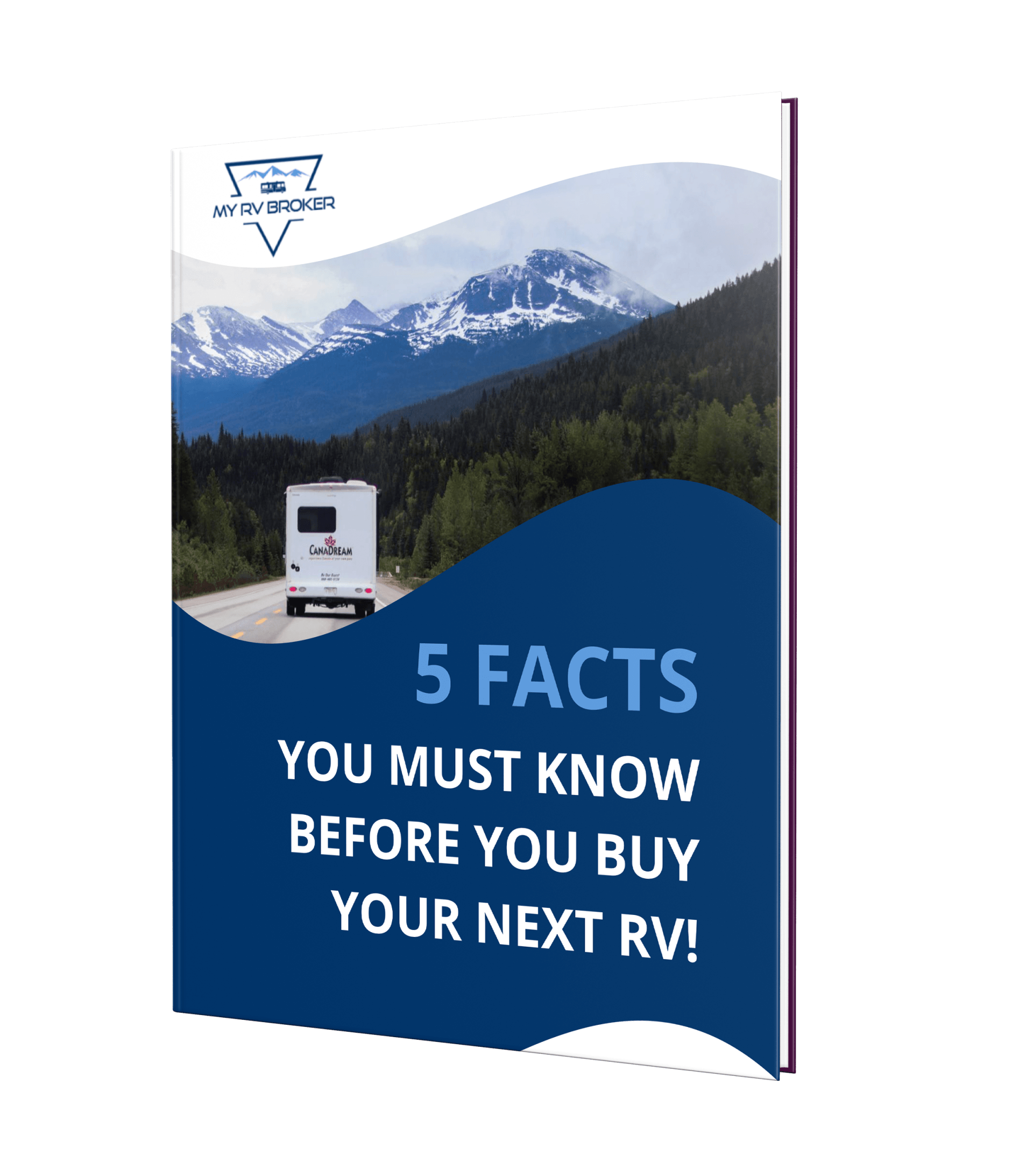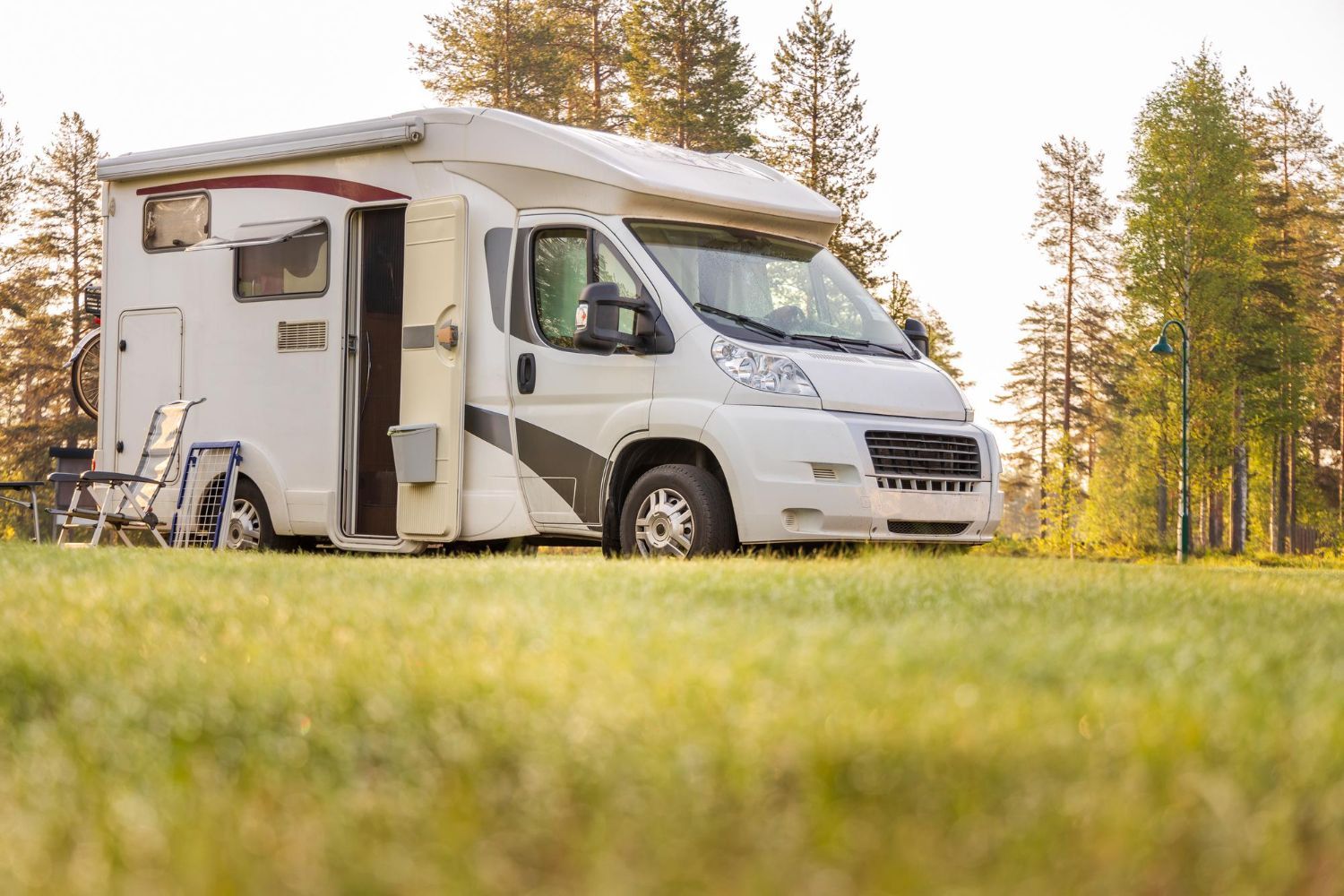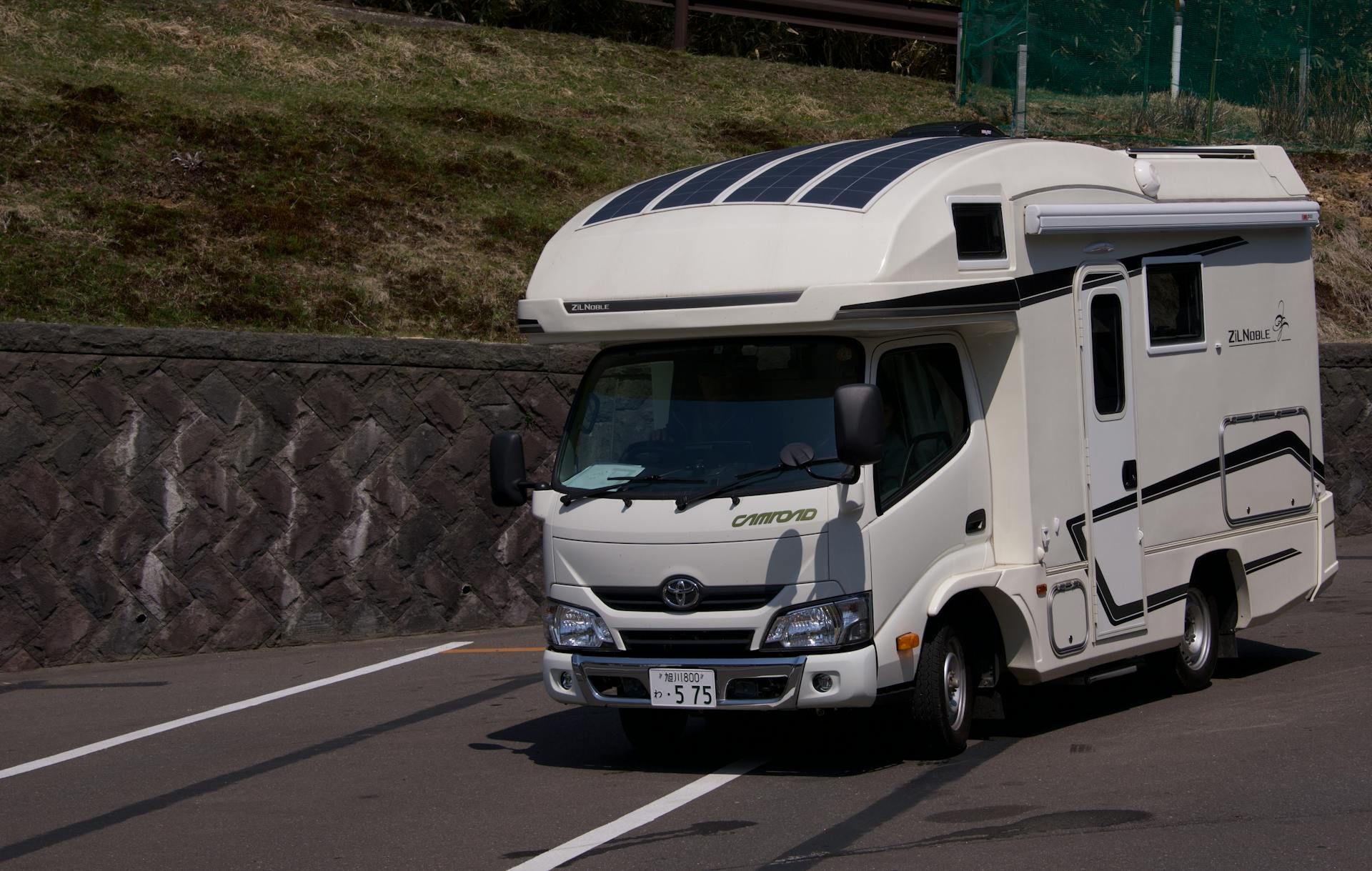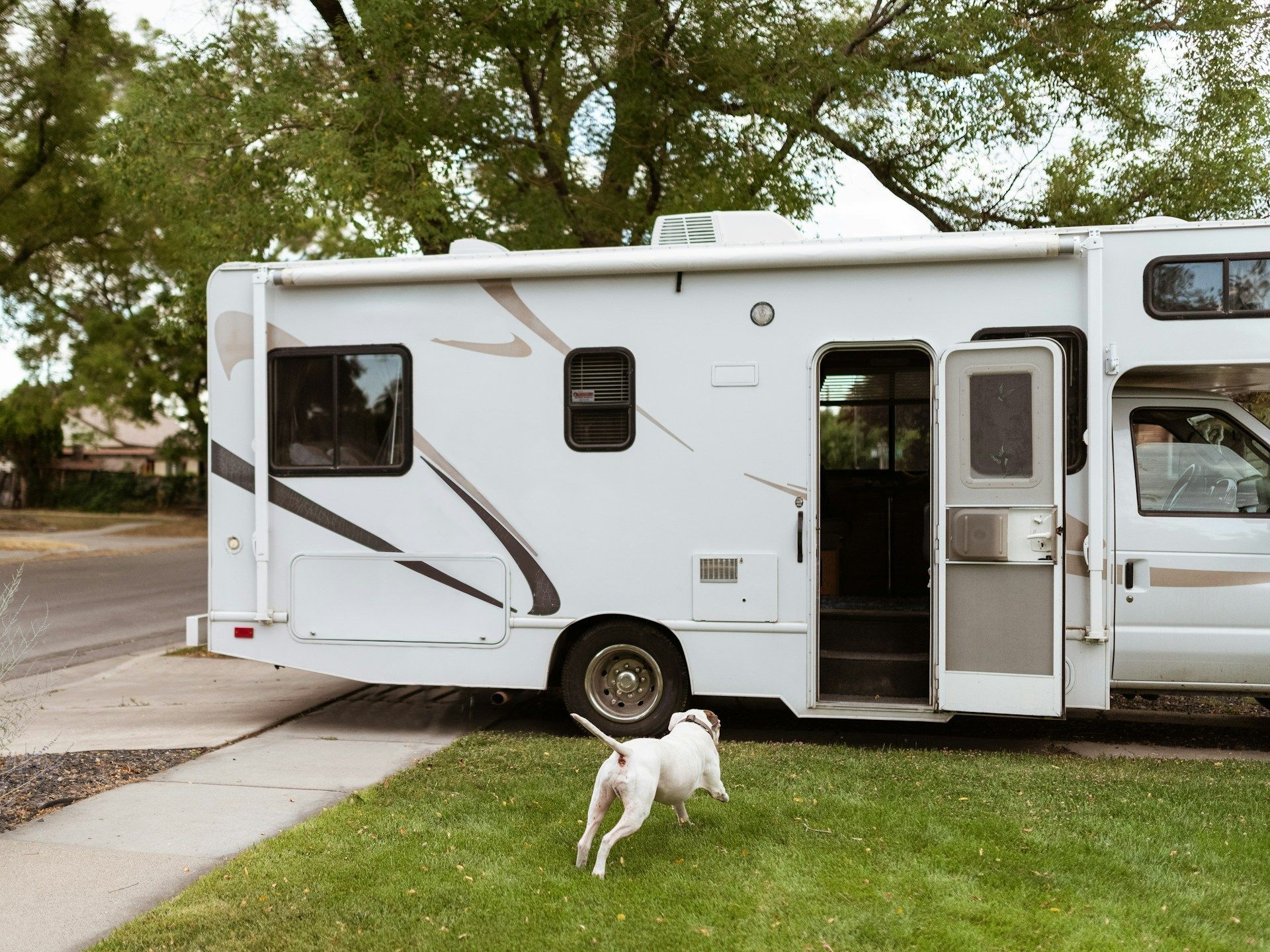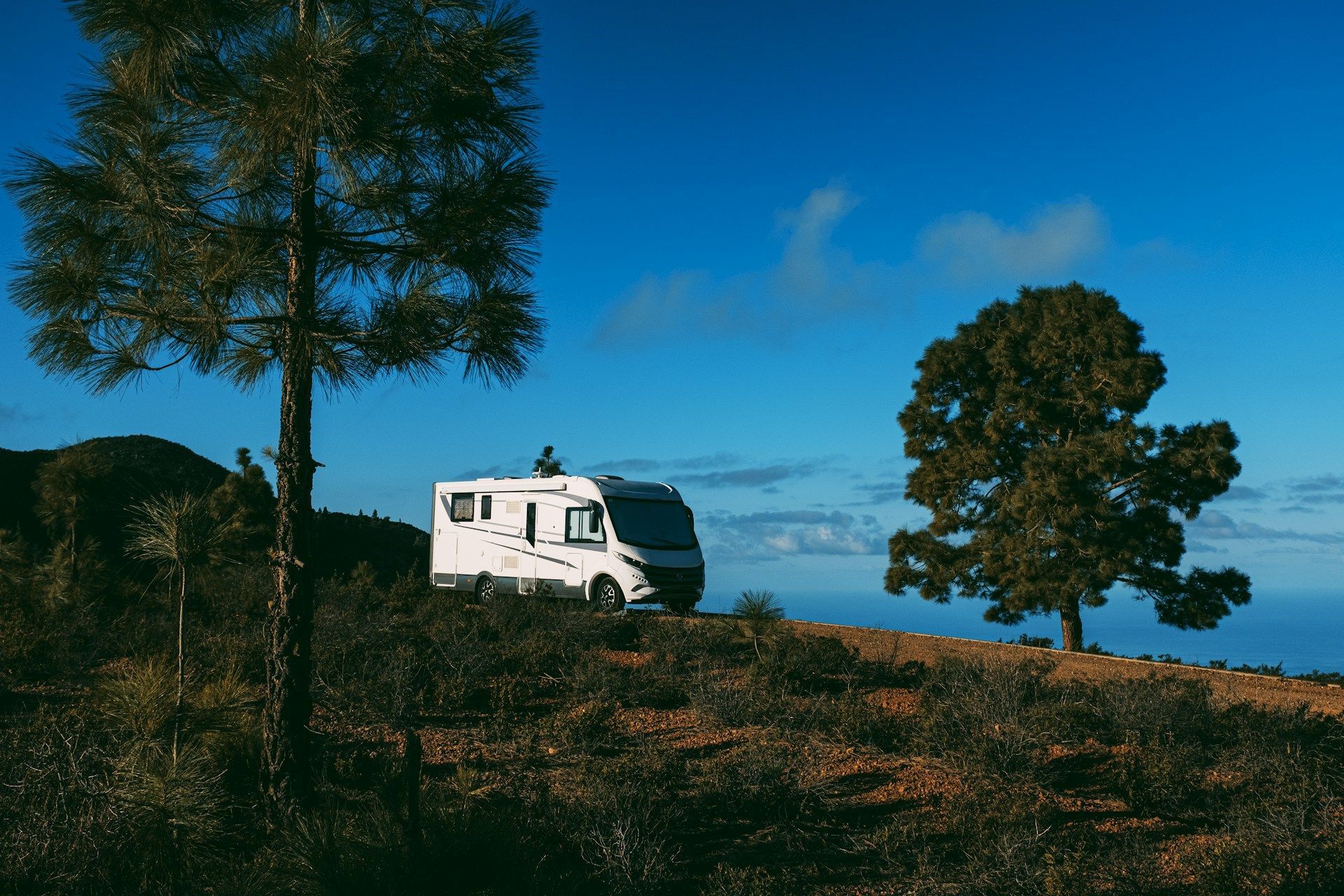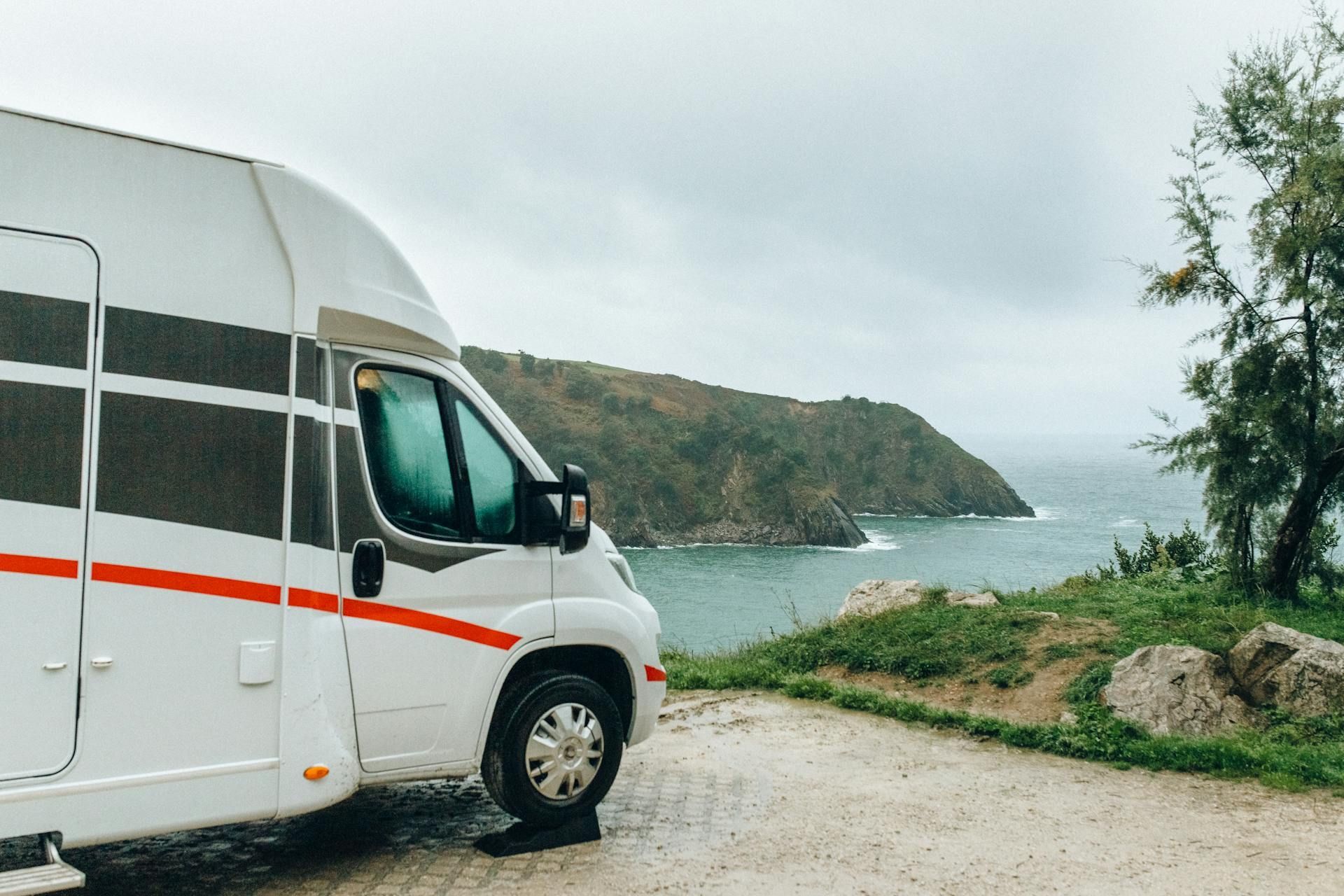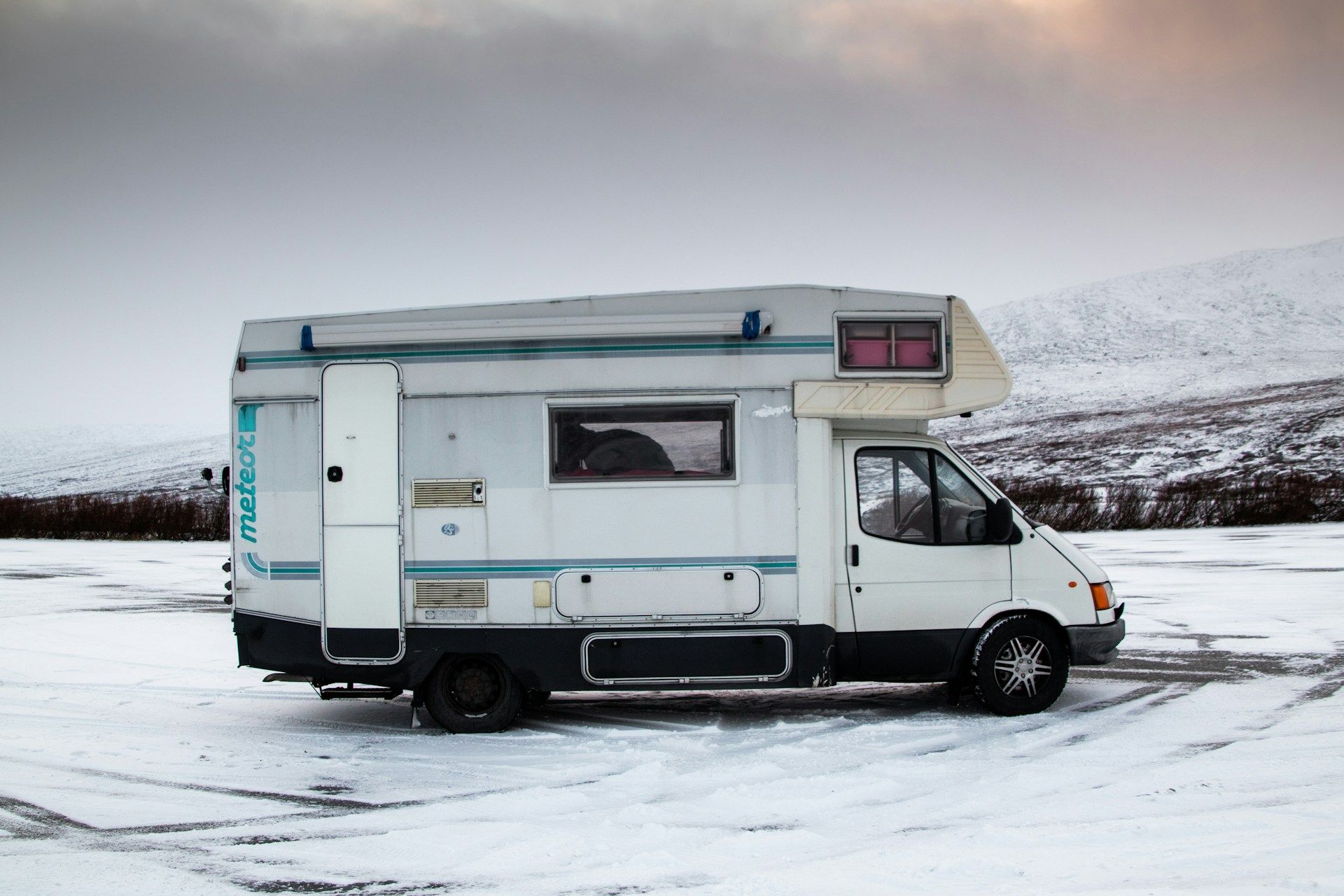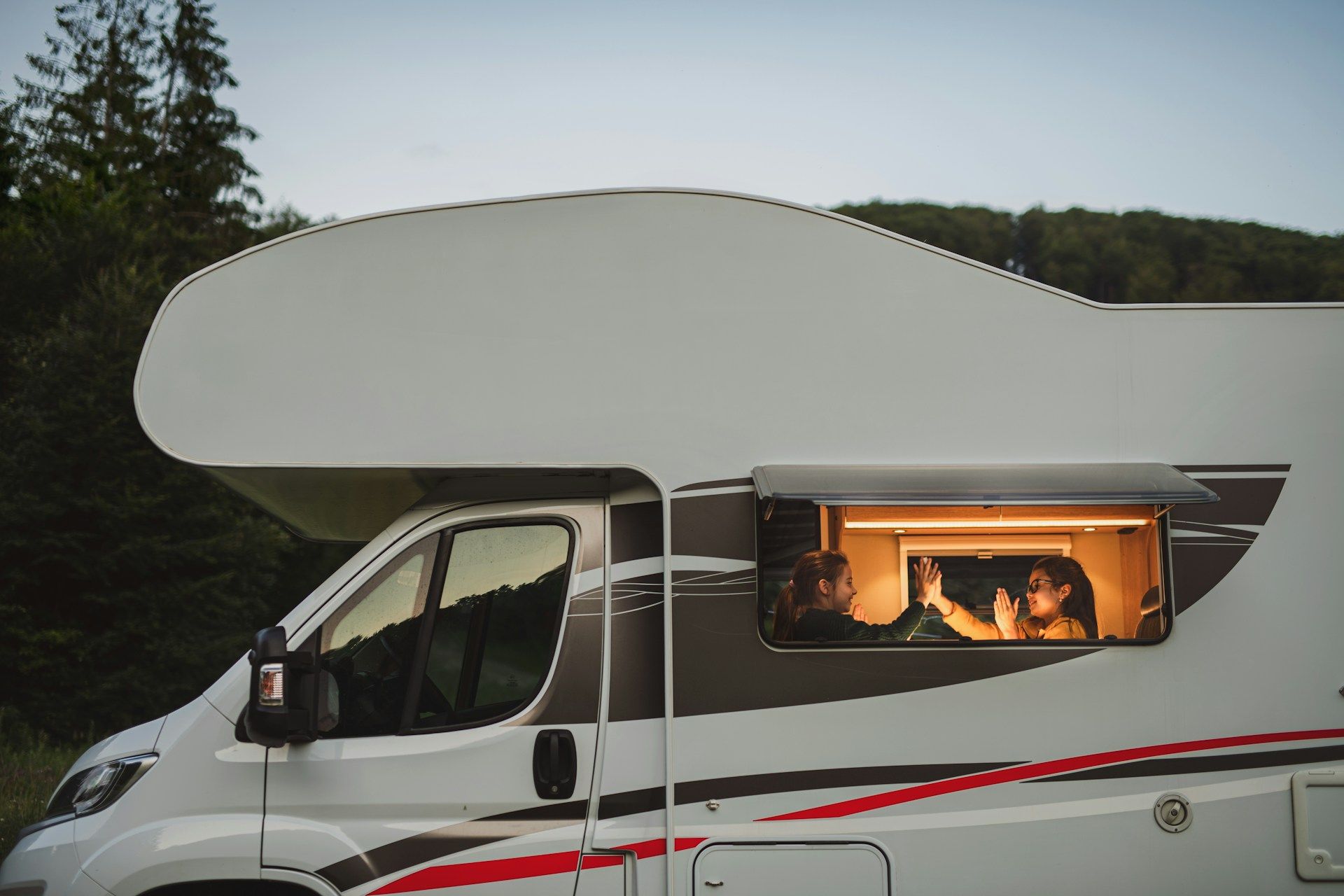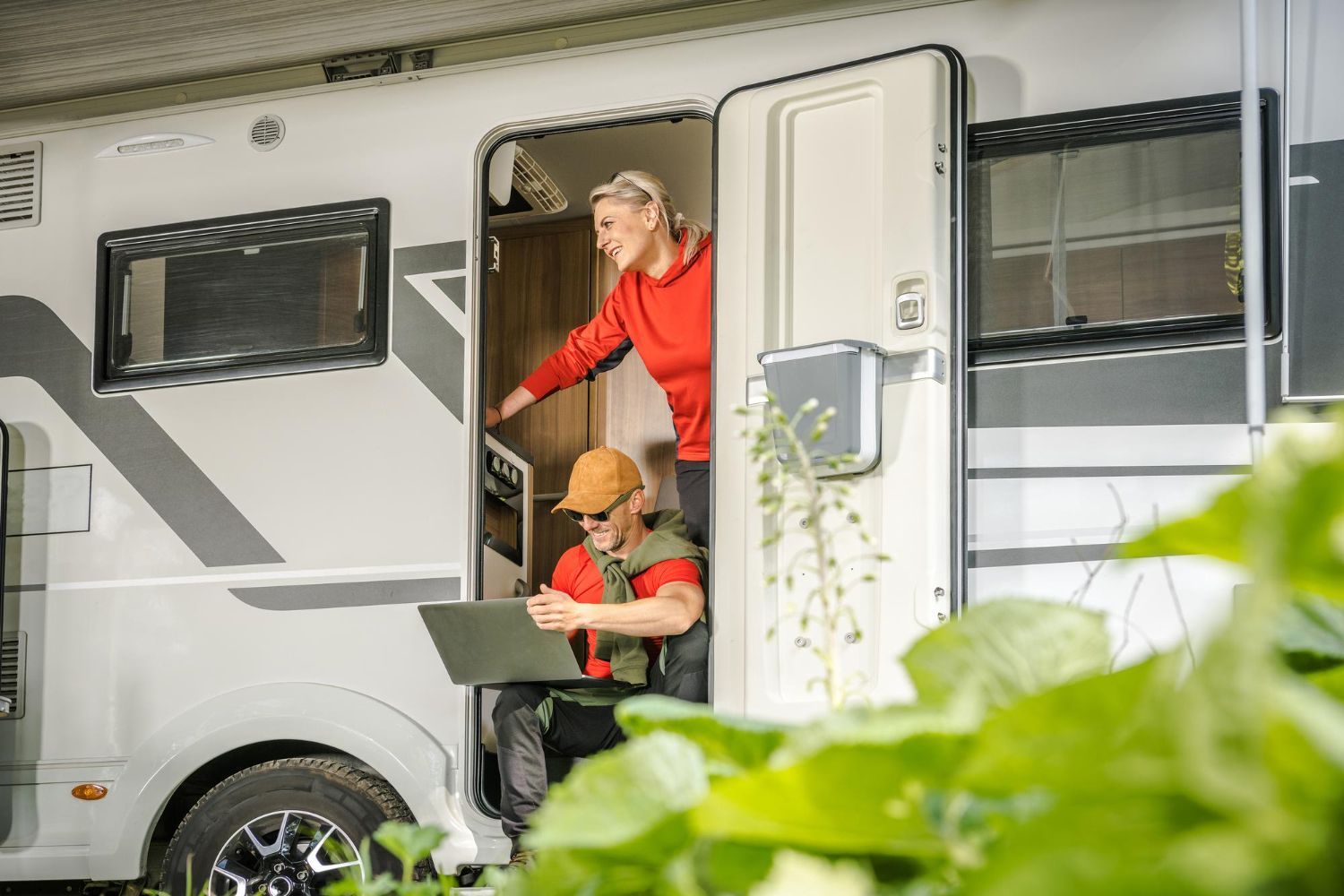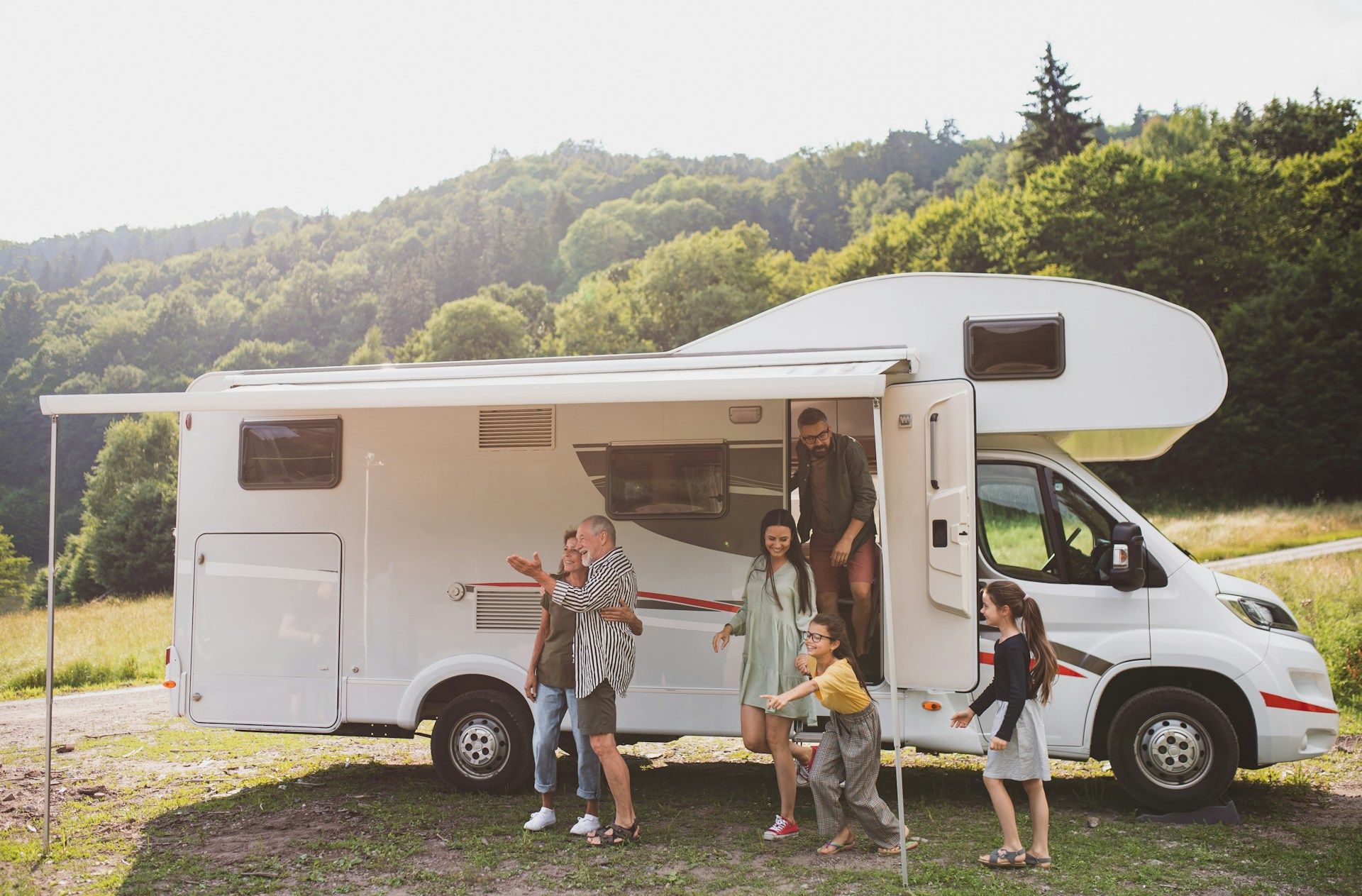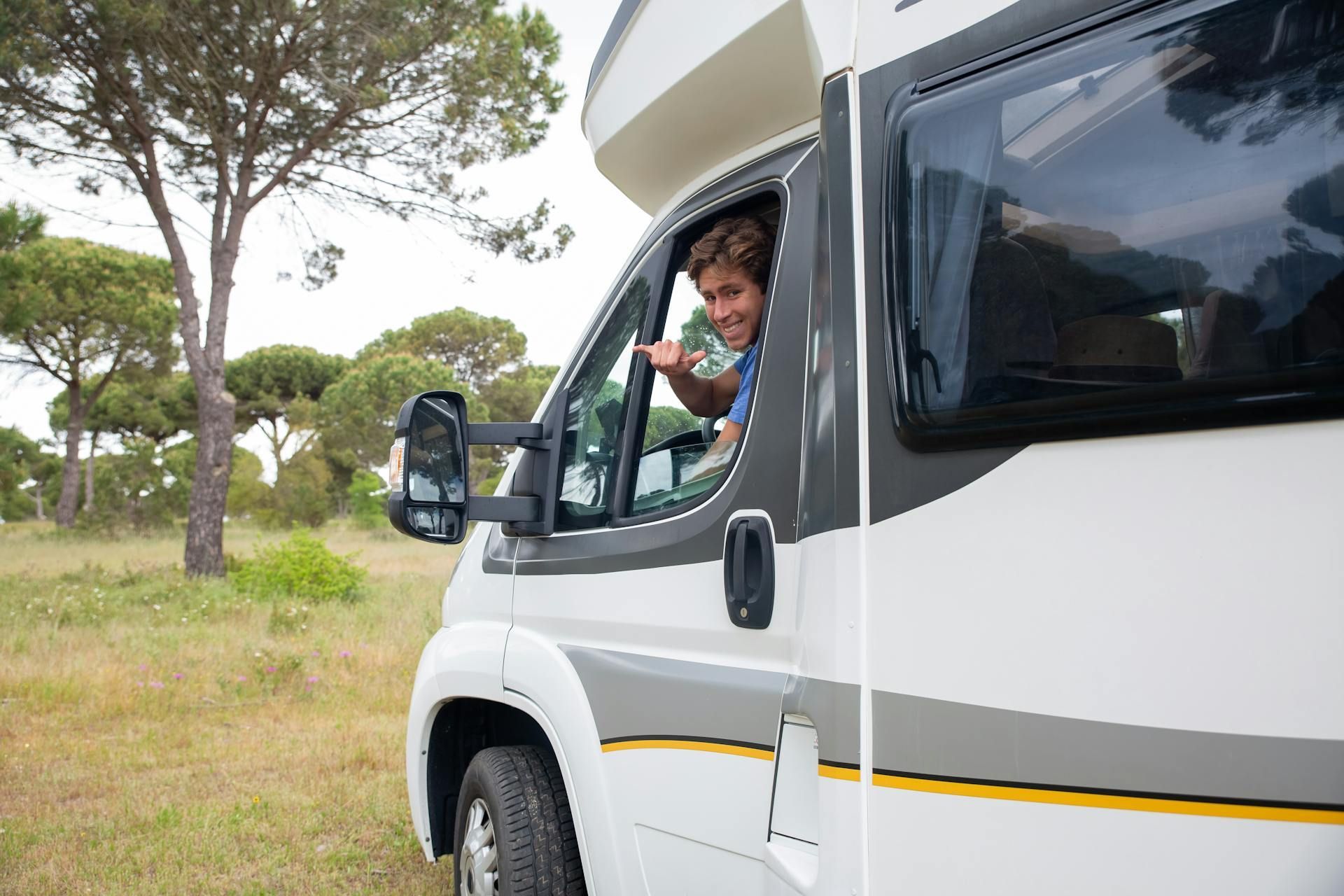How do I insure my RV?
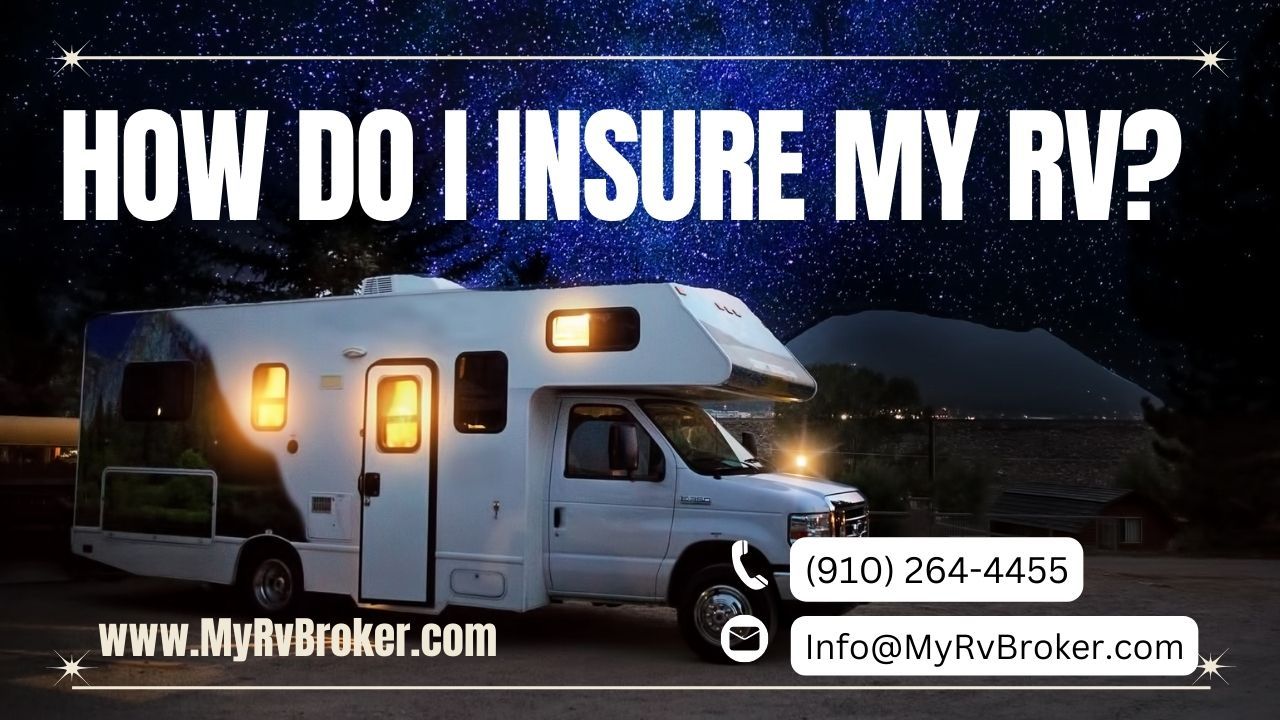
Insuring your recreational vehicle is one of the most important things you can do as an RV owner. With RVs typically costing tens or even hundreds of thousands of dollars, having the proper insurance coverage is essential to protect your investment in the case of an accident, damage, or theft. But with so many options, deductibles, and coverage limits to consider, getting the right RV insurance can seem overwhelming. This comprehensive guide breaks down everything you need to know about insuring your home on wheels.
Types of RV Insurance Policies
Motorhome Insurance
If you own a Class A, B, or C motorhome, you'll need a motorhome insurance policy that combines both auto insurance to cover liability when driving and property insurance to cover damage to your RV. Standard policies include collision, comprehensive, bodily injury liability, property damage liability, personal injury protection, and uninsured/underinsured coverage. You'll also want to consider extras like full replacement cost coverage, emergency expense allowance, and full-timer coverage.
Travel Trailer Insurance
For travel trailers, fifth wheels, toy haulers, and pop-up campers, you'll need a specialty trailer insurance policy. Since these RVs aren't self-powered, coverage is more limited than motorized insurance. But you'll still want protections like comprehensive, collision, contents/personal effects, emergency expense allowance, and accessory coverage for items like awnings and appliances.
Pickup Camper Insurance
Insuring a slide-in camper or truck bed camper is simpler than other RVs since they piggyback on your pickup's existing auto insurance. But you'll want to increase liability limits to cover the camper and add extras like accessory coverage, contents/personal effects protection, and uninsured motorist coverage in case of accidents with uninsured drivers.
Finding the Right RV Insurance Company
With your RV insurance needs to be defined, the next step is finding the right insurer. While you can bundle RV insurance with your auto or home insurance, specialists like [Good Sam Insurance], RVInsurance, National General, and Progressive offer competitive rates and custom packages. When getting quotes, compare coverage types, deductible options, and costs to find the optimal rate for your budget and risk tolerance. Also ensure the company offers discounts you qualify for, including multi-policy, safety equipment, anti-theft devices, and full-timer savings.
Understanding Common RV Insurance Exclusions
Just as critical as understanding what RV insurance covers is knowing what it does not. Common exclusions include:
- Normal wear and tear
- Mechanical or electrical breakdown
- Overloaded RVs
- Custom equipment not declared beforehand
- Personal property outside when driving
- Damage while off-roading
Exclusions can make or break your ability to file a claim, so read policies carefully. For items not covered, discuss add-ons like full replacement cost or accessory coverage with your insurer.
Getting the Right Liability Limits
A major component of RV insurance is liability coverage in case an accident injures others or damages their property. Liability limits define the maximum payouts per accident and typically start at $100,000. But with rising medical costs and vehicle values, experts recommend bumping limits to at least $300,000 or even $500,000 for enhanced protection. Doing so costs little per month while reducing personal risk significantly. For the biggest RVs or full-timers, umbrella insurance can provide up to $1 million in further liability coverage.
Choosing the Right Deductible
In addition to liability limits, deductibles represent a key decision point. Your deductible is the amount you pay out-of-pocket before insurance kicks in, typically $500 or $1,000. Higher deductibles mean lower monthly premiums but greater costs when filing claims. Consider going up to a $2,500 deductible if you have savings and want to minimize premium spending. But have at least $5,000 set aside should disaster strike. For frequent RVers or full-timers, lower deductibles of around $250 provide greater peace of mind.
When to File a Claim
Knowing when to file a claim impacts long-term costs. Make claims only for major accidents, damage incidents, vandalism, or theft exceeding your deductible. For expenses under your deductible, consider paying out-of-pocket rather than risking premium hikes down the road. Many insurers offer accident forgiveness to limit rate spikes after your first at-fault claim. However excessive filing still leads to more significant premium increases or policy cancellations. So claim smartly, only when necessary given the size of repair bills.
Policy Add-Ons to Consider
Beyond baseline coverage, RV insurers offer valuable add-ons delivering enhanced protection:
- Full replacement cost pays to replace not just what your RV was worth but what it costs to buy the same make and model new rather than depreciated value. This ensures you can replace your RV if totaled.
- Full-time coverage provides higher limits for personal effects/contents and better protects full-timers lacking another residence. Some insurers require this upgrade for full-timers.
- Emergency expense allowances help pay for hotels, meals, and incidentals if your RV is unusable after an accident.
- Upgrade accessory coverage beyond the standard $1,500-$3,000 limits which may not be enough for larger fifth wheels and luxury motorhomes.
- Purchase Mexico auto insurance before heading south of the border.
- Roadside assistance adds towing, tire changes, fuel delivery, and other services to bolster what auto clubs provide for the RV chassis.
Top RV Insurance Discounts
Just like car insurance, RV insurers offer numerous discounts to cut monthly costs:
- Multi-policy for bundling RV with home/auto policies
- Safety features like anti-lock brakes and anti-theft devices
- Full-timer association memberships like Good Sam Club
- Completion of defensive driving or RV driving courses
- Good driver for 3+ years with no accidents or violations
- Low mileage for using an RV less than a set amount of miles per year
- Paid-in-full rather than monthly installments
- Good payer history without lapses in coverage
- New RV typically saves 20% over older models
- Claim-free renewals after years without filing
The more discounts you qualify for, the lower your rates will be. So research all that apply and provide proof to your insurer when getting quotes.
Conclusion
Finding the right RV insurance to match your coverage needs and budget is achievable with some research. Start by deciding policy types based on your RV model. The best way to insure your RV is to work with an agent who specializes in RV policies to determine the optimal coverage for your needs and budget. Want expert guidance to find the right RV insurance? Contact us at MyRvBroker! We'll shop around to get you the best policy at the lowest rate, so you can enjoy your RV adventures with peace of mind.
Download The Free
Guide Below!
We've created this free guide to show you the top 5 facts that will help you when looking for your next RV.


